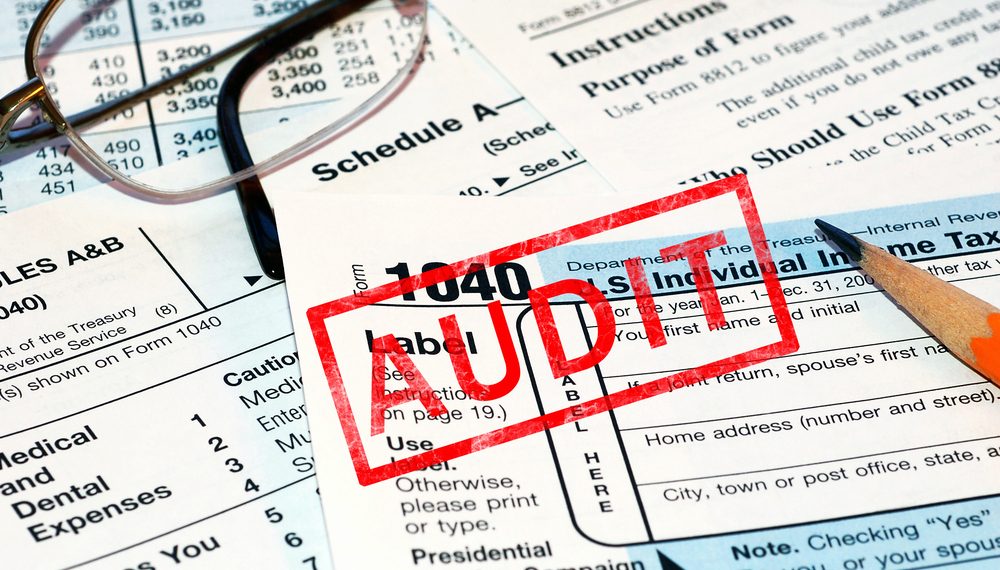Just the mention of the word “audit” is enough to send cold chills down the spines of many small business owners.
Tax audits are usually prompted by errors of omission or commission in accounting. The IRS will want to understand how that happened and why.
IRS audits are not common. The truth is that the IRS has in the recent past conducted fewer tax returns audits than ever. This means you don’t have to keep worrying – as long as your tax books are in order.
However, that doesn’t mean that you won’t receive a surprise IRS audit at some point. Self-employed people and small business owners are more likely to be audited than any other group. Then the IRS system has an automatic way of flagging off returns for an audit.
As much as an IRS audit doesn’t imply that a business owes fines to the government, it is important to avoid it as much as possible. Below are some of the tips on how to avoid IRS audit:
1. File your returns on time
One of the simplest ways to keep the taxman at bay is by filing your returns on time regardless of whether your business made a profit or not. Filing to turn in your tax returns or filing late can bring about suspicion and attract the IRS agents at the doorsteps of your business.
2. Check your numbers
When you receive a tax form that reports income like 1099, the same information is sent to the IRS. This means that the IRS will expect the information submitted to them by the third party to match with those in your tax form. If the information doesn’t match, then you will definitely be putting yourself to the risk of being audited.
Besides, your tax returns can also raise suspicion and attract unwanted attention if many most of the information is not adding up. Sometimes it’s easy to make a mistake. Ensure that you cross-check all the information you include on the tax form.
3. Avoid reporting loses every year
Reporting losses each year can also raise suspicion with the IRS. For example, if you report a net loss in two out of five years, then you are likely to become a tax audit candidate. The IRS will imagine that you are not into serious business and therefore prohibit all expense deductions.
4. Avoid abusing your business deductions
Small businesses have higher chances of taking up deductions compared to individuals. However, if you don’t have them, don’t take them. The IRS will most likely flag off any unusual tax deductions. For instance, if a person writes off 100 percent of their personal vehicle, they are just beckoning for an audit.
5. Treat independent contractors with caution
Your business is likely to be audited if you have a high number of independent contractors compared to employees. This is because some companies use that as a way of evading payroll tax. The IRS has guidelines that distinguish between employees and independent contractors.
6. Avoid paying huge salaries to employees who double up as shareholders
If your business pays high salaries to executives who co-own the company, it can be interpreted as a scheme to reduce corporate profits and therefore paying minimal tax. As such, abnormally high salaries may put you at risk of being audited by the IRS.
The best thing is to research the approximate range of salary for different positions in your industry. For example, if the average salary of a manager in your industry is $2,500, you should find a way to stay within that range.
7. Pay estimated small business tax
In case your business can owe taxes worth at least $500 per year, then you should make quarterly estimated tax payments. Failing to remit this tax will definitely lead to penalties or even an audit from the IRS.
In a nutshell, if you ensure that your financial records are in order and remit all the required taxes, you don’t have to worry about a tax audit.

